MAITUM, Sarangani (March 13, 2008) – United Nations World Food Program (WFP) Country Director Guarnieri Valerie has commended the local government and community joint efforts in the implementation of food-for-work program.
During the site visit and validation at the Lamlunay Research and Learning Center (LRLC) in Barangay Upo Tuesday (Mar. 11), Valerie said the community models Mindanao in its Food for Education, Food for Work, Food for Hope and Food for Peace.
"It sounds that in here you embrace many of these principles," Valerie said.
"One of the reasons why we wanted to see your area is because the sort of the things you were doing in Sarangani and here in this municipality is exactly the sort of things that the World Food Program is trying to support in Mindanao."
Upo was driven by conflict between government and secessionist rebels in the 70s.
LRLC opened with an 11-hectare land donated by a Tboli family to the barangay and started to operate in 2000 with the local government beginning to conduct inter-agency trainings and seminars.
The center runs on a tripartite management of the municipal and provincial government, the barangay, and the community and serves to protect its 97-hectare forested area.
Lamlunay is a native coinage of lam (into) and lunay (tree), thus "into the forest." Lamlunay connotes a paradise among the Tbolis.
The center now nurses 15,000 rubber seedlings to be distributed to community farmers for free.
In return, Upo Valley Multi-purpose Cooperative (UVAMULCO) buys farmers' products in the area such as abaca, coffee and banana.
UVAMULCO has 300 coop members who farm their own lands. Among the barangay's eight sitios, Antam produces the biggest, with eight tons of banana per week.
Valerie lauds in particular the participation of women in the implementation of the Ylang-ylang and banana projects, and the barangay community in maintaining peace and order.
LRLC was one of the 19 national finalists for the Gawad Galing Pook 2007.
"This is our perfect example of a cultural minority that is able to succeed not because of government, but really because the community bonded together and decided that they wanted to move on forward," Governor Migs Dominguez said.
The UN team also visited the Gawad Kalinga eco-village in Barangay Mabay in Maitum; the skills training and weaving project of rebel returnees in Sitio Ihan, Barangay Datal Anggas in Alabel; and the School of Living Tradition in Lamlifew, Malungon. (SARANGANI INFORMATION OFFICE/RGP)
Wednesday, March 12, 2008
Subscribe to:
Post Comments (Atom)

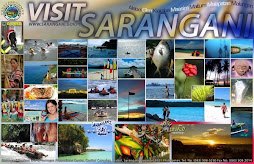


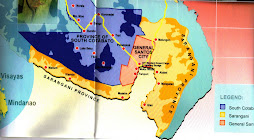

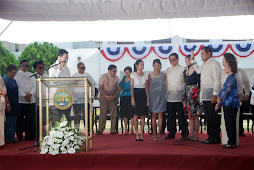
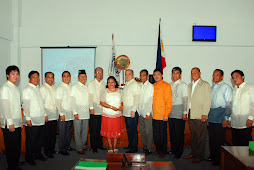

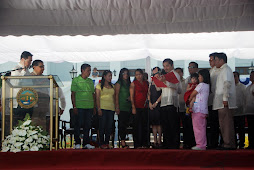
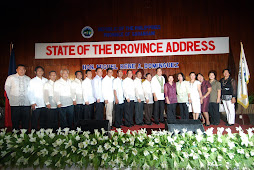
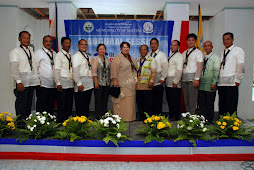
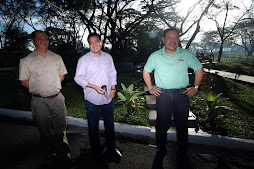
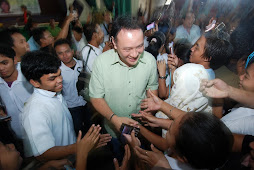


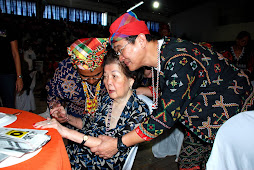

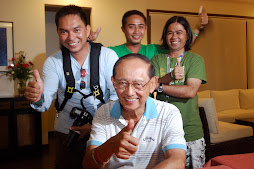
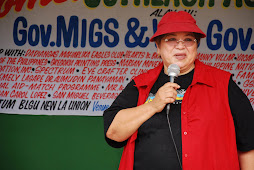
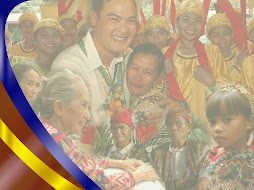
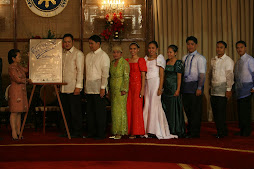
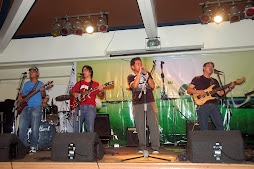


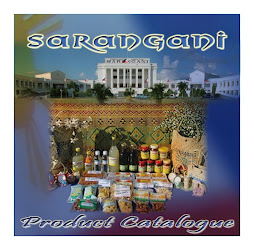

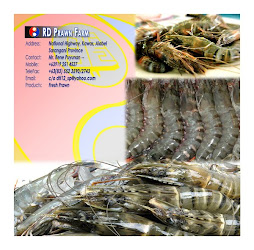
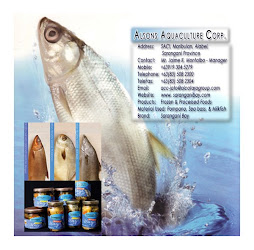



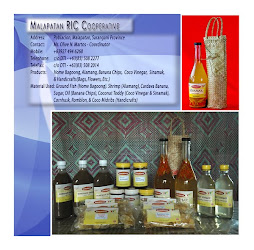

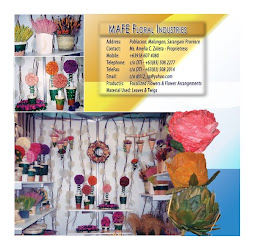
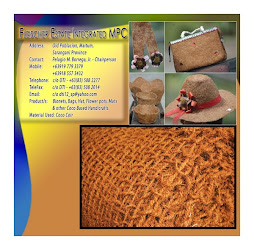
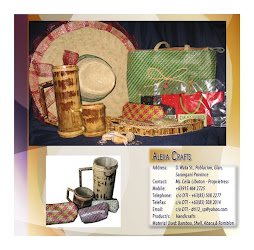
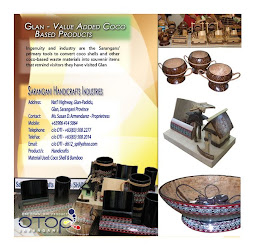
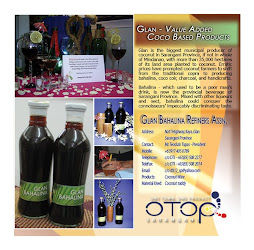
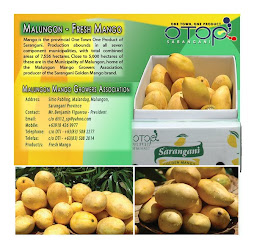
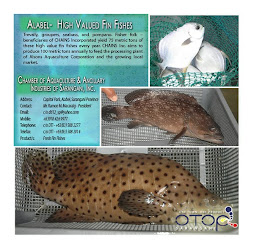
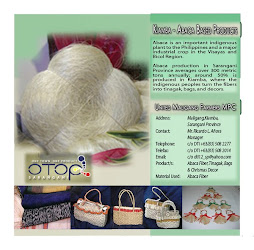

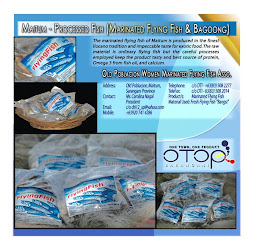
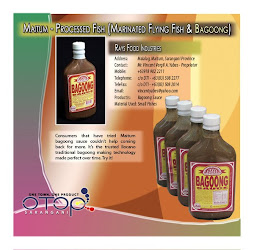
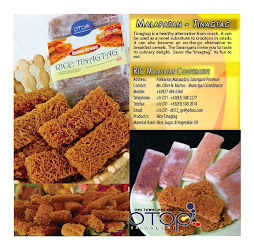
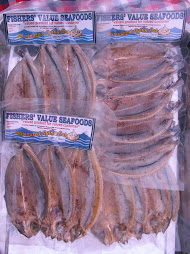
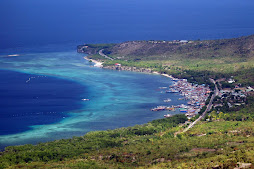
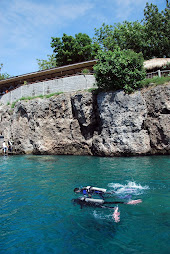
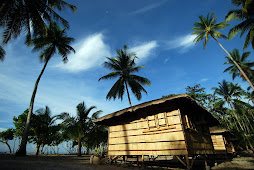
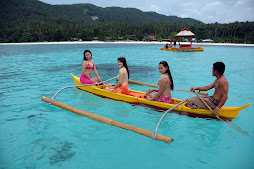

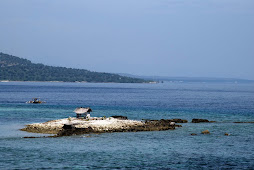
No comments:
Post a Comment